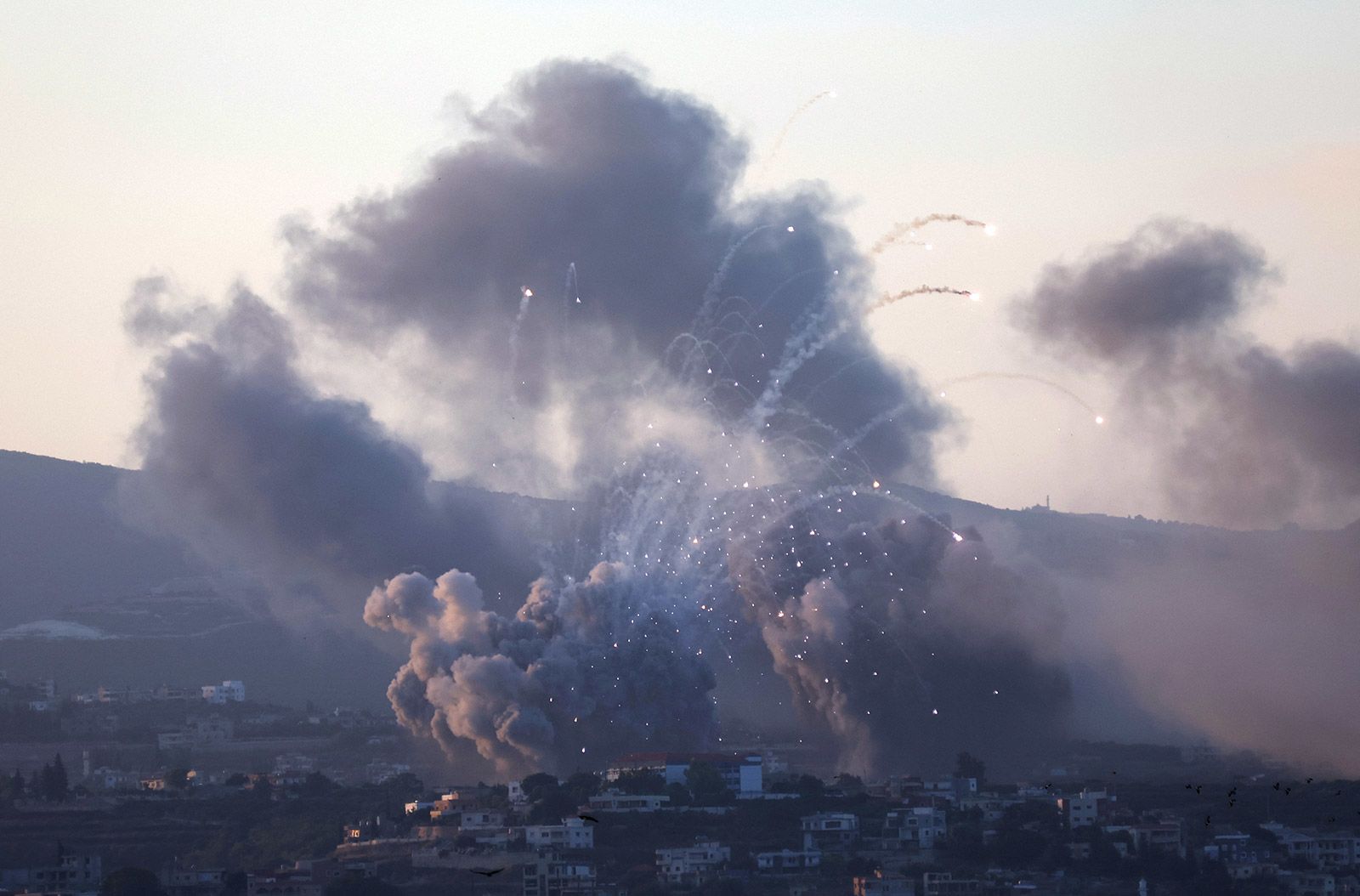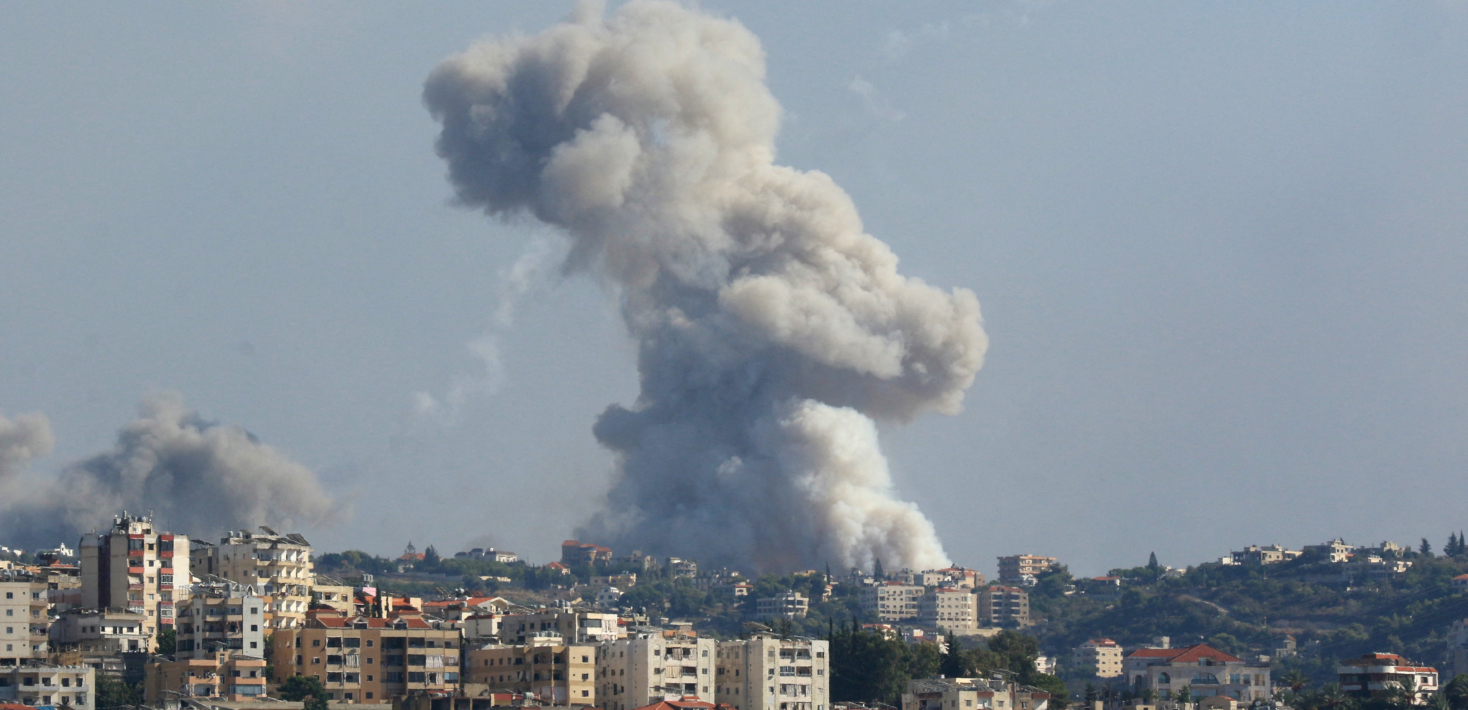Israeli air strikes in Lebanon have resulted in the deaths of at least 23 people, with most of the casualties being women and children. These strikes targeted two houses in the Mount Lebanon region, one in the village of Joun and another in Baalchmay. The victims were reportedly displaced families seeking refuge in these homes.
These areas are outside Hezbollah’s strongholds, suggesting that the attacks may have targeted civilian locations, although the Israeli military is investigating the strikes. In response, Hezbollah launched rockets into northern Israel, killing two people in the town of Nahariya.
The conflict between Israel and Hezbollah escalated after months of cross-border fighting, initially triggered by the ongoing war in Gaza. Hezbollah’s involvement, particularly in launching rockets in support of Palestinians, led to Israel’s military response, aiming to protect its northern border and ensure the return of displaced Israeli citizens. The death toll in Lebanon has been staggering, with over 3,200 people killed since the escalation, including thousands in the past seven weeks of intense Israeli airstrikes and ground invasions.
On Tuesday, Israeli forces struck several Hezbollah targets in Beirut’s southern suburbs, an area heavily populated by the group. The strikes targeted Hezbollah command centers and weapon storage facilities, resulting in significant damage, including to a medical center in the Bir al-Abed area.

Israeli Air Strikes on Lebanon Kill 23, Escalating Conflict with Hezbollah and Rising Civilian Casualties
The Israeli military claimed to have dismantled a majority of Hezbollah’s infrastructure in the region, which had been hidden under civilian buildings. Many of the residents of Dahieh, a neighborhood with a significant Hezbollah presence, had already fled due to the ongoing bombardment.
Hezbollah retaliated with rocket fire, targeting various locations in Israel, including a military base and a kindergarten in Haifa. While the attack on Haifa caused no injuries, the barrage of 55 rockets fired by Hezbollah resulted in two Israeli fatalities in Nahariya.
Israel’s Defence Minister Israel Katz emphasized that there would be no ceasefire until Hezbollah’s military capabilities were significantly diminished, which included disarming the group and pushing it back beyond the Litani River. The Lebanese government has called for a ceasefire under the conditions of UN Security Council Resolution 1701, but no official negotiations have been reported.
The violence continues to devastate both sides, with large-scale displacement affecting Lebanon. Around 1.2 million people in Lebanon have been displaced, many seeking refuge in cities and villages far from the frontlines. In addition to military targets, Israeli airstrikes have hit civilian infrastructure, exacerbating the humanitarian crisis. The ongoing conflict has led to calls for international intervention, but both Israel and Hezbollah show no signs of de-escalation, with each side committing to achieving their strategic goals.











































